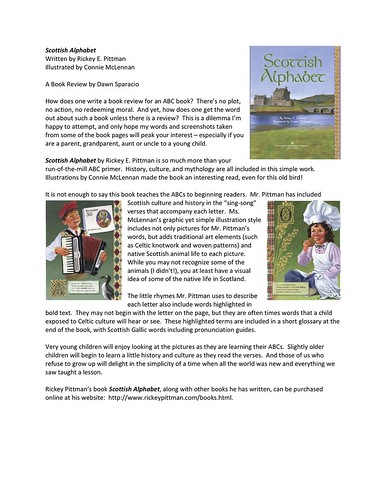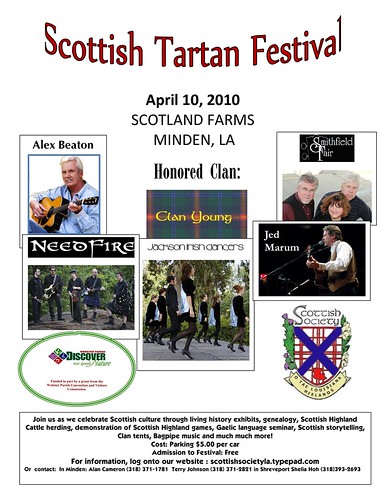A Short Review of The Borderland: A Novel of Texas by Edwin Shrake (Hyperion Pub.) This is the second novel of Edwin Shrake that I’ve read. adidas stan smith mid uomo The Los Angeles Times named it “one of the ten best books of 2000.” If you like reading of the West, and especially if you have an interest in Texas history, you’ll like this.
Strong at points in sexual matters, the prose is vivid, the characters are full of life and energy, and the plot held my attention. It is historical fiction in some aspects, and the style and strength of the novel reminded me of Larry McMurtry’s and of Cormac McCarthy’s westerns. Mochilas Kanken Classic Laced with epigraphs, some of which are quotations from Texas related letters and individuals, Shrake takes us into the world and mind of the Comanche and the early Texans and into the inner world of the characters. adidas yeezy boost 750 męskie Reading the novel is an object lesson in the political intrigue and conflict (such as the enmity between Houston and Lamar) that helped form Texas. One forgotten and rather shameful episode that is woven into the plot is Lamar’s dealings with Native Americans and the expulsion of the Cherokees. This was of interest to me because I work in the Texas Cherokees into my Texas history program. Overall, I’d have to say this is a fine novel. Here are a couple of quotes I liked: About the city of Houston: “But when it was hot, which was most of the year, the city lying on the same latitude as Calcutta, mosquitoes and flies rose out of the bayou in black curtains, and dogs rolled over, their tongues hanging out, and died in the sun . . . There were thirty-six saloons in Houston City . . Under Armour Pas Cher .There was not one bank or church in the town.” (71) The novel is full of little historical details and terms I’ve never encountered–sure to keep me busy looking them up as I go back through to firm up my new vocabulary. nike air max 90 hombre The prologue has this incident: “In February of 1839 a monster cyclone formed in the Pacific a Thousand miles off the coast of Sinaloa and whirled counterclockwise toward the continent, tearing the ocean in waves eighty feet high that smashed over the beach at the village of Teacapan and flung boats into the mountains. Every human within five miles of Teacapan was drowned. The storm collided with the Sierras at the ten-thousand foot peak of Yerba Buena. new balance 1300 acquisto Wind ripped goats out of the rocks and hurled them down into the jungle. Wooden crosses that had been planted by angels flew away from mountain passes they had hoarded longer than memory. Settlements of Indians vanished forever. nike air max italian camo The storm poured seven feet of rain on the ancient town of Zacatecas, eight thousand feet high at the head of a valley. Barefoot friars huddled and prayed with their human and animal flocks inside the slate-roof buildings of the college as the silver mines flooded and thousands perished in the tunnels.
Hailstones the size of grapefruits crushed the mud and timber breastworks of the rebels at Guanajuato and left them to be slaughtered by the soldiers of one-legged president Santa Anna . .
. .” Reading such prose is an experience.




